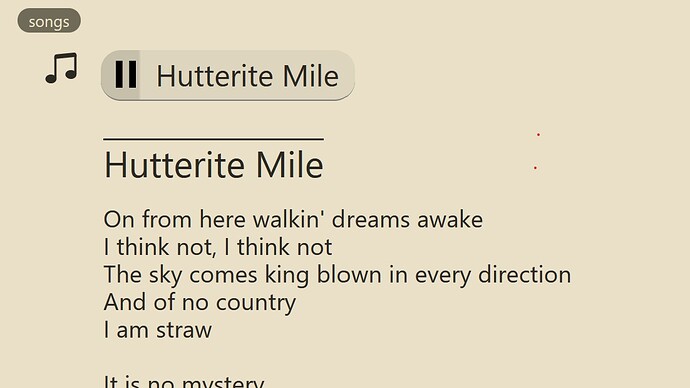I got very interested in the discussion about naming Tiddlers … though, in reality, I’m largely a paper based thinker …
I think naming in TW is no more difficult than normal. But requires @pmario style iterations. The issue with naming in TW is its cross-scope tools of immense complexity. Meaning one Tiddler might be several functional units.
Basically, you can have many viable naming systems in it.
I do spend some time on paper getting a fitting pattern of names for a specific wiki’s purpose.
A comment
TT




 — Like $:/mo/plugin-37
— Like $:/mo/plugin-37